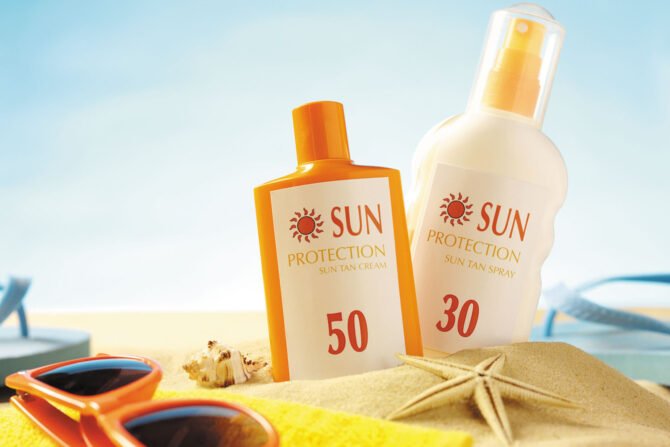By Sanjida Jabin
___
If you ever searched online about sunscreens then you may get more misinformation about sunscreens that may make you feel not so great. Sunscreens that are designed to protect your skin from the sun’s damaging UV rays. But writers’ claims go as far as to state that sunscreens cause Cancer. That one statement is enough to awful your day.
Is this statement really true? We will take you the right way .
Dr. Jennifer Lin, an assistant professor of dermatology at Harvard Medical School and co-director of the Melanoma Risk and Prevention Clinic at Brigham and Women’s Hospital said that this misleading information was established because those who applied sunscreen also happened to be vacationing in sunny climes and engaging in sunbathing. Put another way, their risk of developing skin cancer was increased by their prolonged exposure to the sun rather than by using sunscreen.
Does everyone need to use sunscreen?
From randomized trials and cohort studies everyone should use sunscreen not only for preventing skin cancer, including melanoma also. Through darker skin tone people have low chances for skin cancer. Sunscreen, sun-protective clothes, and avoiding the sun are all helpful sun-protective behaviors for anyone trying to prevent the aging effects of the sun.
Sun safety tips
These are some suggestions for protecting your skin from the sun’s harmful rays.
- Never depend completely on applying sunscreen. The most effective plan of action is to stay out of the sun whenever you can.
- Wearing sun-protective clothing, which is becoming more and more popular, is an outstanding addition to sunscreen.
- Keep in mind that you should reapply sunscreen about every two hours. Chemical sunscreens have a diminishing impact after application, and the majority sweat off.
In conclusion we can say that, It’s risky to think that using sunscreen will keep you safe from the sun on its own. Numerous studies have shown that those who wear sunscreen actually spend more time in the sun and may be at higher risk of developing skin cancer as a result.
Reference
https://www.health.harvard.edu/staying-healthy/the-science-of-sunscreen


bSHBMJ VAFJGkX rvY ZkzdPS EsnC ylFhda